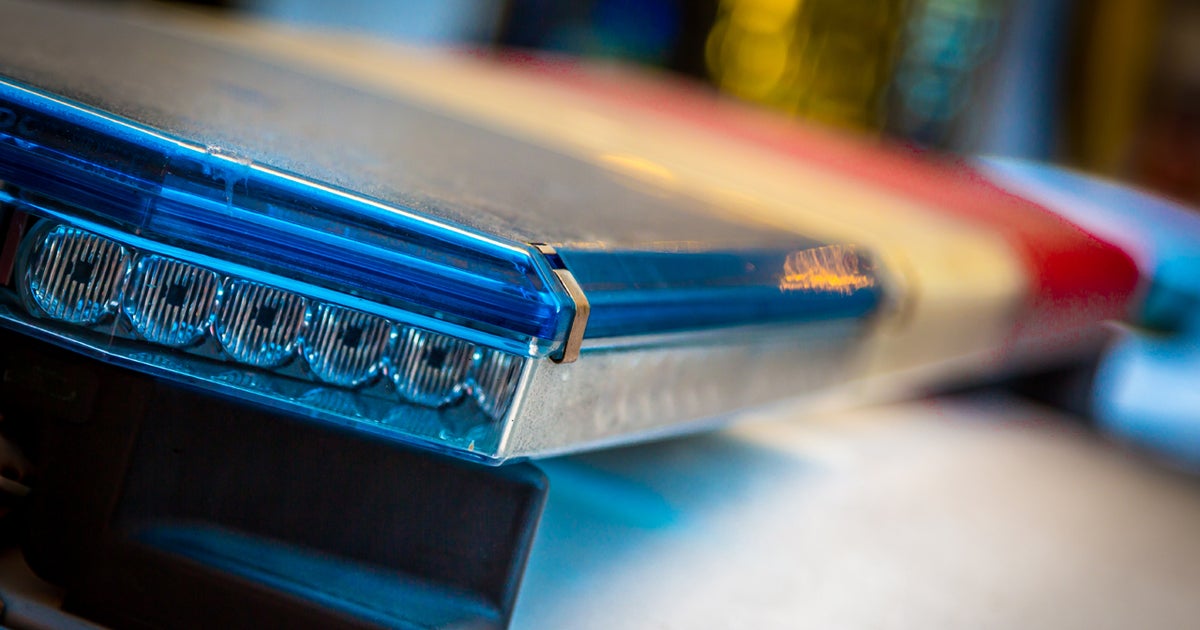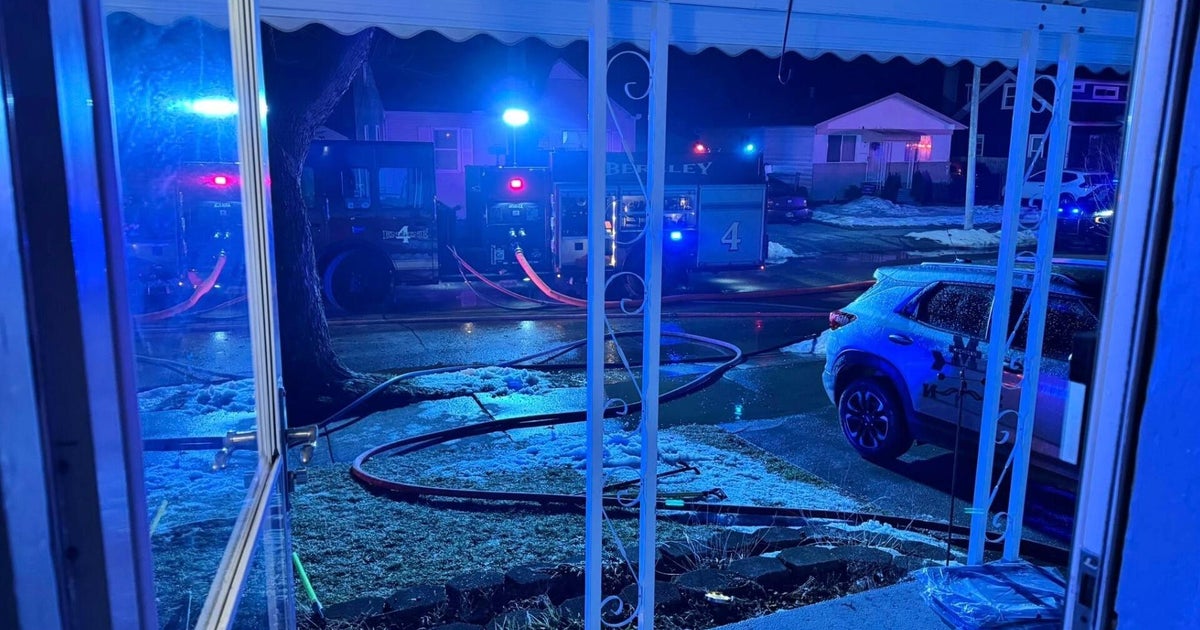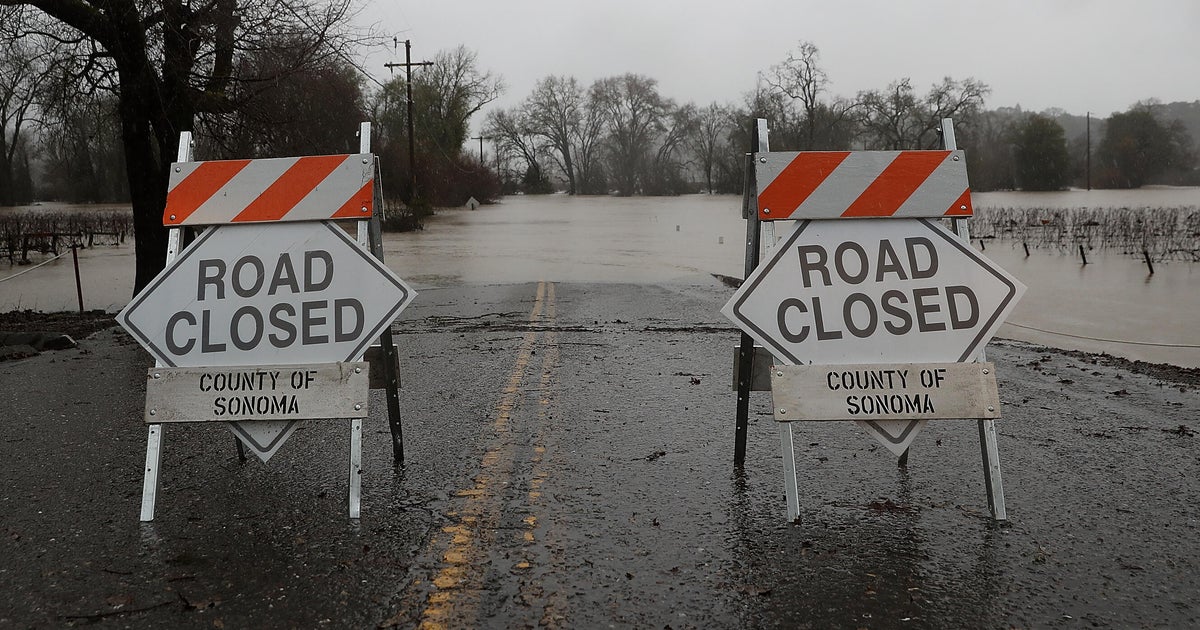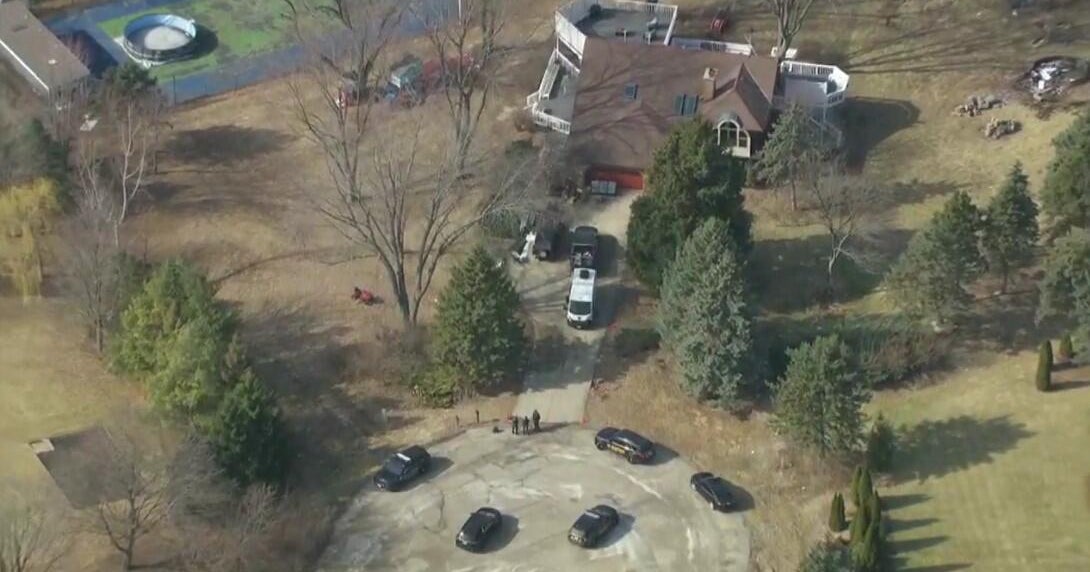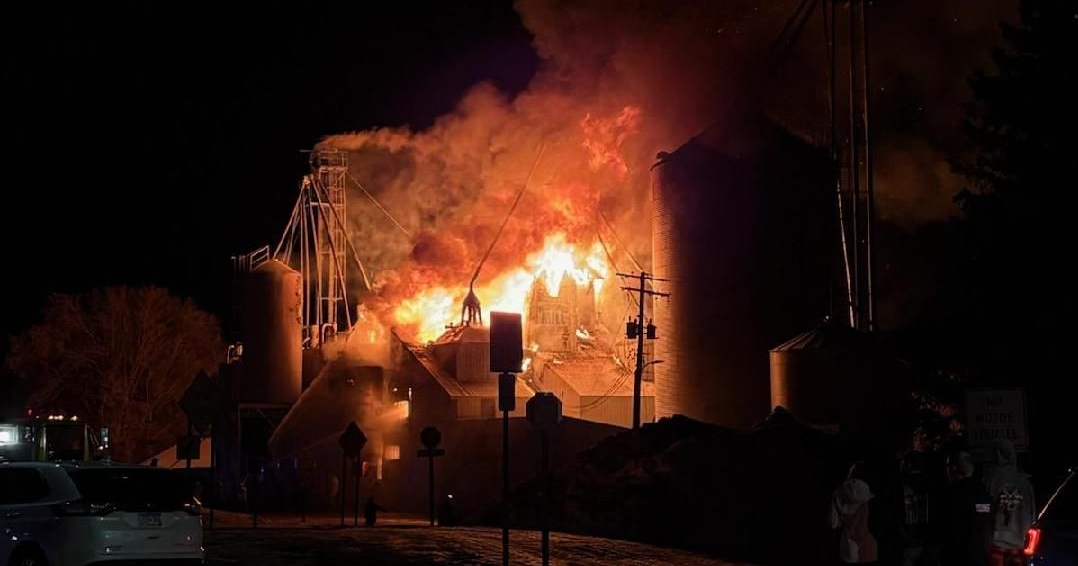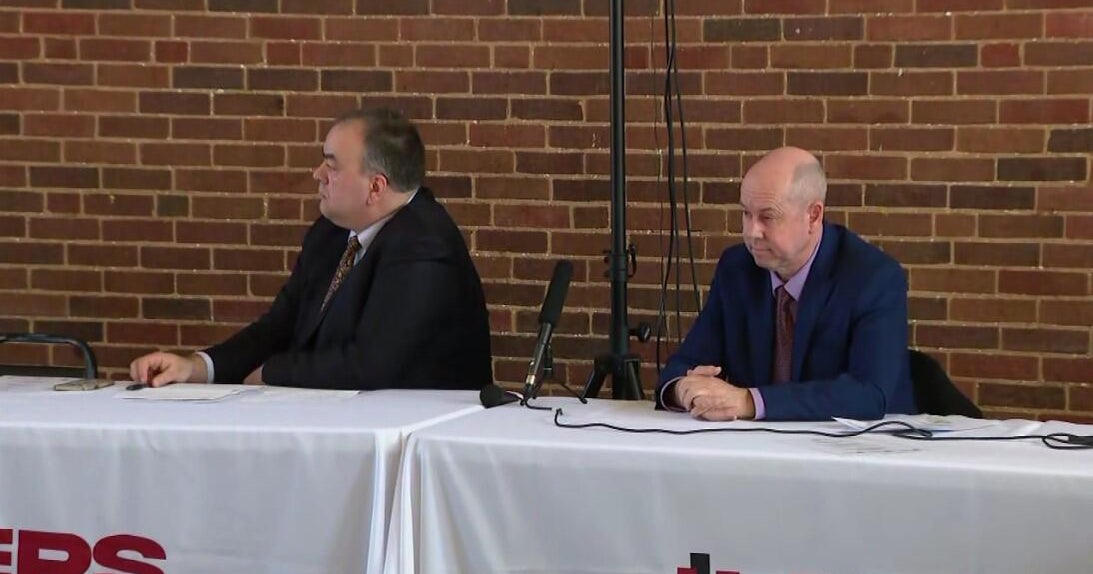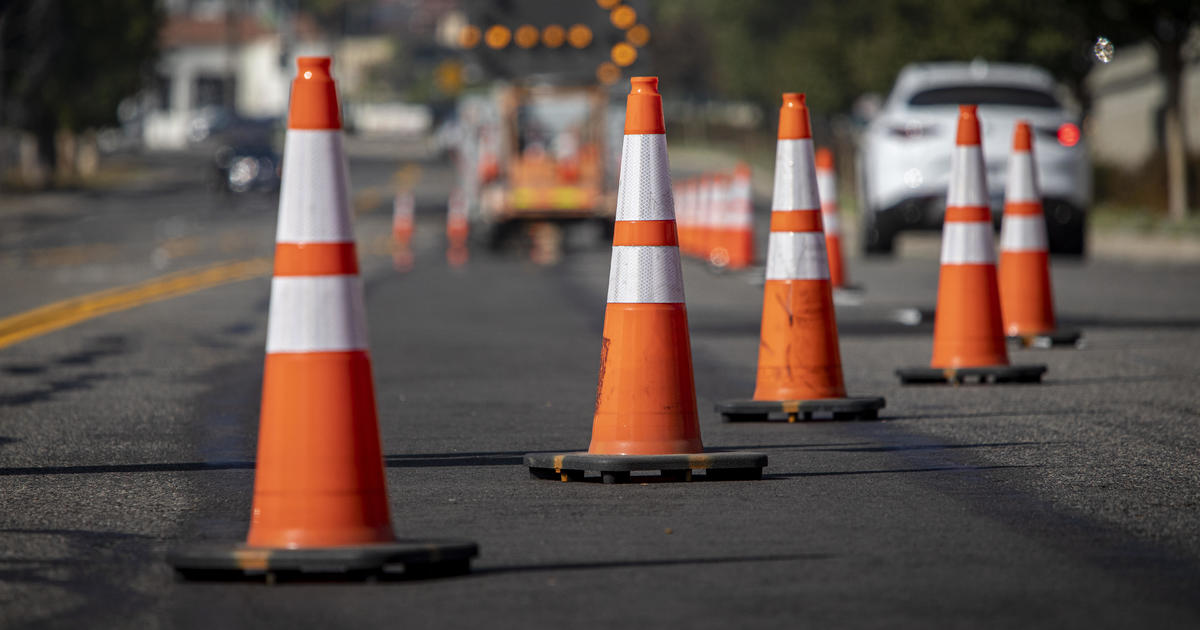Hurricane Andrew prompts unprecedented migration to Broward County
MIAMI — It has been 30 years since Hurricane Andrew caused massive damage in southwest Miami-Dade, prompting an unprecedented migration of residents north to Broward County.
CBS4 spoke with Chuck and Shari Heyman, whose home in southwest Miami-Dade was levelled by the Category 5 storm on August 24 of 1992. Authorities say the storm destroyed 25,000 homes and damaged 101,000 houses.
The migration in the 12 months after Andrew would lead to the quickest 12-month growth in Broward County's history. By 2001, authorities say 230,710 people had moved from Miami-Dade to Broward County.
CBS4's Peter D'Oench spoke with the Heymans, who were elementary school teachers and went through a harrowing ordeal inside their home just six days after their daughter Nicole was born.
After the storm, they moved to a family home and then rented an apartment in Coral Springs. After 9 months, they moved back into their home in southwest Miami-Dade that had been rebuilt and lived there for 4 years before moving to Weston, where they lived for 23 years. They finally retired to Boynton Beach.
They have vivid memories of Andrew which they said started striking their home around 5 a.m.
Shari Heyman said, "It was probably one of the scariest moments of our lives. We thought we might get some water damage and maybe a mailbox would be knocked down. This was back in the day when there were no hurricane shutter requirements and no storm windows. We thought we would be safe in our home. There was a tornado above us, and it sounded like a freight train was going through out house. We had a baby nurse with us."
Chuck Heyman said, "The windows started popping from the pressure and so we grabbed Nicole our newborn baby and went into a walk-in closet. We did not realize that above us was a crawl space and the cover blew off and all the insulation fell on us and our newborn baby and right after that we ran in to the garage. The garage was on the west side and was protected and so we hunkered down for about 3 hours. While we were in there a panel for the air handler blew off and went right past us.
"After we left the garage, we saw entire interior walls blown out. Even the studs were sheared in half and the roof blew off. Once the air got into the house the storm acted like a vacuum."
They moved after the storm.
"We just took basically the shirts off our backs and Shari grabbed her jewelry," he said. "That was it. Shari did not take anything else."
Shari Heyman said, "We wanted to leave. There was no water. But a lot of people in the community insisted on staying. They had property they were concerned about. All I cared about was our safety and the safety of our newborn baby."
She continued, "That was the most horrible experience of our lives. But back in that day, the insurance company, they met Chuck on the driveway a few days later and gave us money for clothing so we could start our lives over again. It was just unbelievable."
Pembroke Pines Mayor Frank Ortis told D'Oench that, "After Andrew people were getting insurance payments for their homes and they were flocking to Pembroke Pines. We started out and about 6,000 people were coming to Pembroke Pines every month. We were the third fastest growing city in the nation. We went from around 40,000 people to 171,000 people. There was a great deal of vacant land out west and with I-75 it was very accessible."


